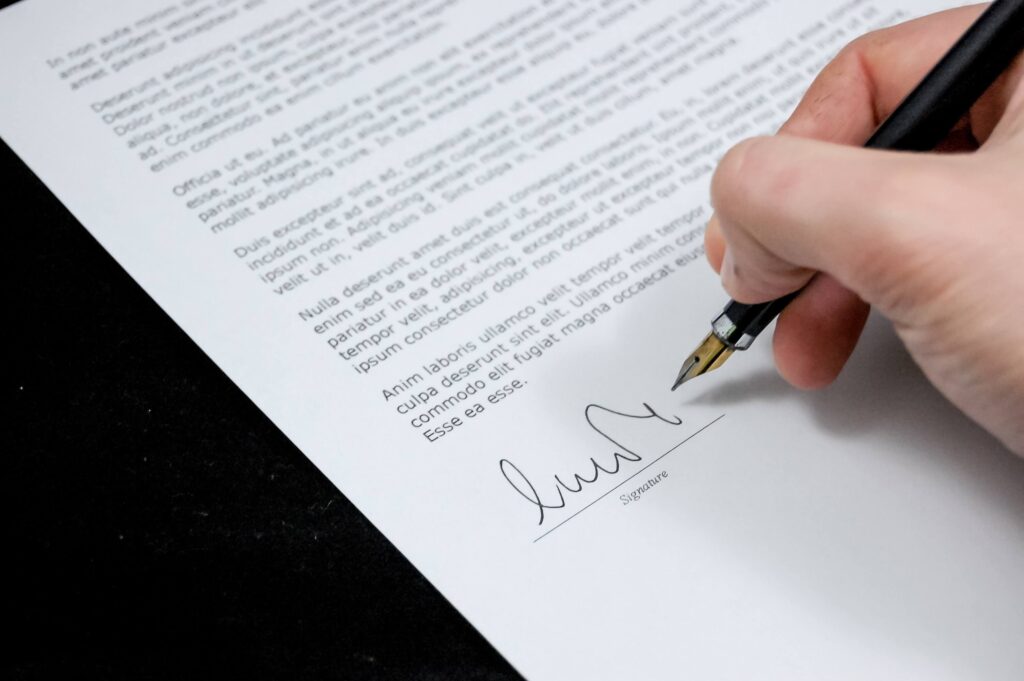10 Must-Read Tips for Estate Planning

Introduction to Estate Planning & How to Get It Right
Estate planning can be overwhelming and confusing. It is often hard to think about what life will be like after we are gone. Not to mention, understanding the complexities of estate planning is tough if you are not an expert.
That is where estate planning lawyers come in. They can guide you through this legal arena and help you make the best choices for your situation. Because, although it is complex, estate planning is one of the most crucial parts of your overall financial plan. Without it, you have no way of knowing that your wealth and investments will be passed on to your family members.
That peace of mind is something we all deserve. Fortunately, estate planning lawyers can deliver it in spades. In addition to working with estate planning lawyers, there are some extra steps you can take to prepare for the future. Here are our top 10 must-read tips for estate planning.
1. Do Not Procrastinate
When it comes to estate planning, timeliness is everything. We never know when our time is coming to an end. That is why it is so important to be prompt and proactive with your estate planning. Doing so will ensure that your loved ones are not exposed to undue stress, legal battles, or financial hardship after your passing.
Tomorrow is not promised, which is why you need to reclaim control today.
2. Prioritise Wealth Management
Wealth management can be an excellent starting strategy in estate planning. Part of the estate planning process is setting long-term financial and lifestyle goals. You will then need to discuss them with your estate planning lawyers. They will help you develop actionable strategies for making those dreams a reality. One of these strategies could be wealth management, which combines and streamlines your financial services.
3. Protect Your Assets
There is no way of knowing what the future holds. As a result, it is vital to protect yourself and your family from life’s unpredictability. A great first step is safeguarding your assets.
Start by writing a list of all your assets, both tangible and intangible. Tangible assets are physical, meaning objects like your home or your car. On the other hand, intangible assets do not exist physically; an example of an intangible asset would be any copyright that you own.
Once you have a list, figure out which assets you can adjust and leverage to meet your goals. For example, you may want to restructure your investments or retirement savings to minimise risk.

4. List Your Liabilities
In the world of estate planning, your assets are not the only things you need to consider. You need to provide a holistic picture of your financial situation. That includes your liabilities, such as home loans, business loans, and credit card balances.
With the help of estate planning lawyers, you should write a list of all your liabilities. You must also specify how you would like them to be paid off in the event of your death.
5. Make a Will and Review It Regularly
Once you have listed your assets and liabilities, you will need to have a formal Will prepared. You can learn how to make a Will with a lawyer, specifically an estate planning lawyer.
In your Will, you must outline how you would like your assets to be distributed after you are gone. You can also add any special requests on how you would like your affairs to be handled, such as your funeral. A Will can help avoid family feuds, minimise estate taxes, and speed up the probate process.
You need to review your Will every few years or whenever there is a major change in your financial standing. Regular revisions allow you to make sure all your details are up to date and to change sections as needed.
6. Select an Executor
Since you will not be around to carry out your Will, you need to entrust its execution to someone else. This person is known as your executor or the planner of your estate. It is advisable to choose someone extremely responsible whom you know you can trust. Estate planning lawyers often recommend choosing an executor who is not a beneficiary in your Will. Doing so will help keep them impartial.
7. Review Your Retirement Accounts
You need to review all your retirement solutions as part of your estate planning process. This includes superannuation funds (including SMSFs), pensions, and annuities. Have a look at these accounts to make sure your premiums and contributions are where they should be. It is also a good idea to check the beneficiaries to ensure the right people receive these benefits after you pass.

8. Choose the Right Insurance Coverage
You will often hear estate planning lawyers stressing the importance of life insurance. But it is not just about getting insurance coverage – it is about finding the right level of coverage for your needs and budget.
For example, imagine overspending on an insurance policy that does not provide the complete coverage you need. This would cut into your wealth and threaten your long-term goals. While comparing policies, be critical and honest about your needs and those of your family.
9. Account for Aged Care Costs
As we get older, our needs evolve. You may eventually require nursing care, accommodation aid, or other services. Preparing for these expenses is an essential part of estate planning.
Explore your options for covering these costs yourself. For instance, you could restructure your investments or increase your Age Pension contributions. When weighing your choices, seek advice from estate planning lawyers to inform your decision.
10. Enlist Professional Help
You have probably heard that if you want something done right, leave it to the experts. The same idea applies when it comes to estate planning.
Hiring professional help – in this case, estate planning lawyers – is an absolute must. When you trust these specialists with your estate planning, you will enjoy a seamless and stress-free experience. Most importantly, you and your family will gain the peace of mind you all deserve.
Conclusion
From asset protection to Will preparation, there is so much to think about in end-of-life planning. Although it is at the core of your financial position, estate planning is about so much more than money. It is about thinking ahead and living with confidence. It is about setting your family up for a bright future, even after you are gone. It is about protecting your loved ones until the very end.
Want More Information About Estate Planning?
Are you struggling to understand the complexities of estate planning? Do you want to protect your family’s future, but do not know where to start?
These challenges can be incredibly frustrating. Lennon Lawyers (Melbourne) is here to help.
With years of experience in estate planning and Will preparation, we are known as some of the best estate planning lawyers in Melbourne. Friendly and approachable, we believe that everyone deserves quality legal counsel. No matter your background or circumstances, we are dedicated to serving you.
Get in touch with us today to book your free 30-minute Lennon Lawyers Estate Planning Consultation.
